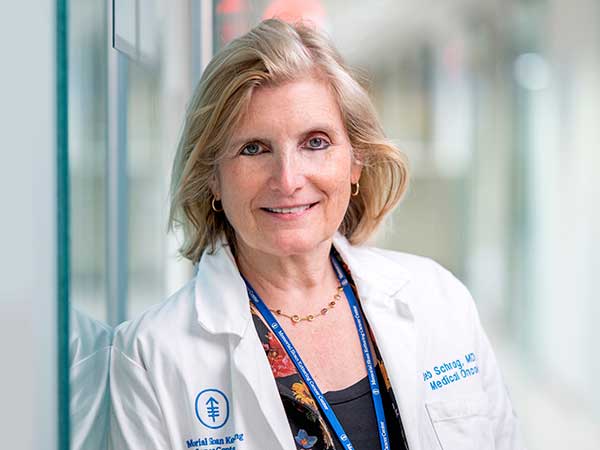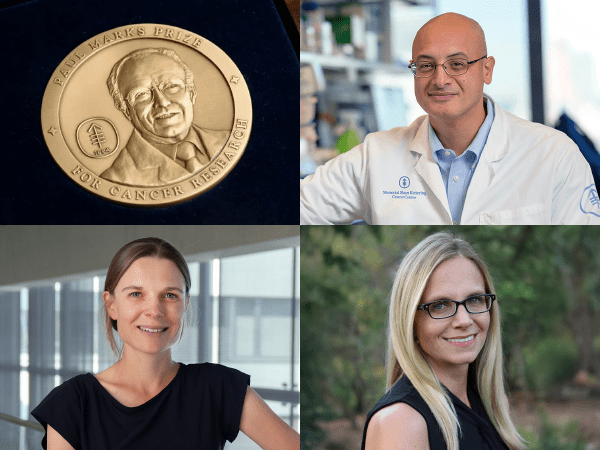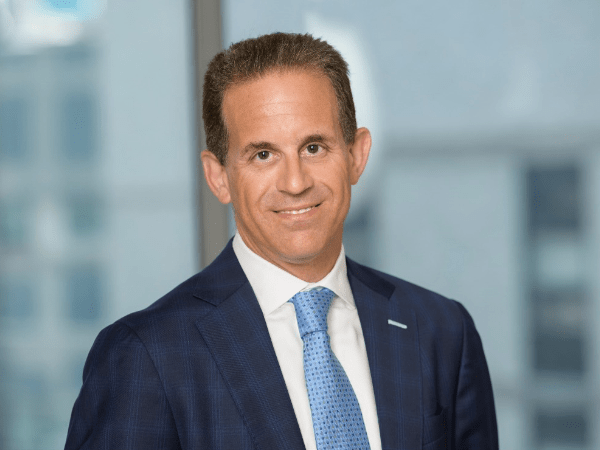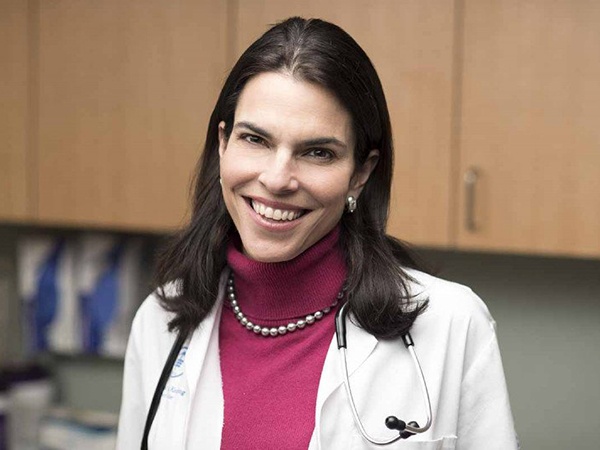

Selwyn M. Vickers was named president and chief executive officer of Memorial Sloan Kettering Cancer Center.
Vickers will succeed Craig B. Thompson, who announced his intention to step down earlier this year (The Cancer Letter, Feb. 11, 2022). The transition will occur in September 2022.
Vickers will join MSK from the University of Alabama at Birmingham, where he serves as senior vice president for medicine and dean of the Heersink School of Medicine. He is also the chief executive officer of both the UAB Health System and the UAB/Ascension St. Vincent’s Alliance.
“Dr. Vickers is an extraordinary surgeon-scientist with a proven track record of success in leading complex academic medical centers, building innovative academic and research programs, and strengthening clinical care. Throughout his career, he has demonstrated a passion for unlocking treatments and cures for cancer,” Scott M. Stuart, chair of the MSKCC boards of trustees and governing trustees, said in a statement. “Dr. Vickers is a charismatic and compassionate leader who is uniquely qualified to shepherd this great organization into the future.”
Prior to becoming the dean of Heersink School of Medicine, Vickers served on the faculty of the University of Minnesota Medical School, where for seven years he was the Jay Phillips Professor and chair of the Department of Surgery. He spent 13 years as a surgeon and educator at UAB, including six years as John Blue Chair of the Division of Gastrointestinal Surgery.
Vickers continues to see patients and conduct clinical and health disparities research. He is a board-certified surgeon and the past president of the American Surgical Association. Vickers is a member of the National Academy of Medicine and the Johns Hopkins Society of Scholars. He previously served on the Johns Hopkins board of trustees.










